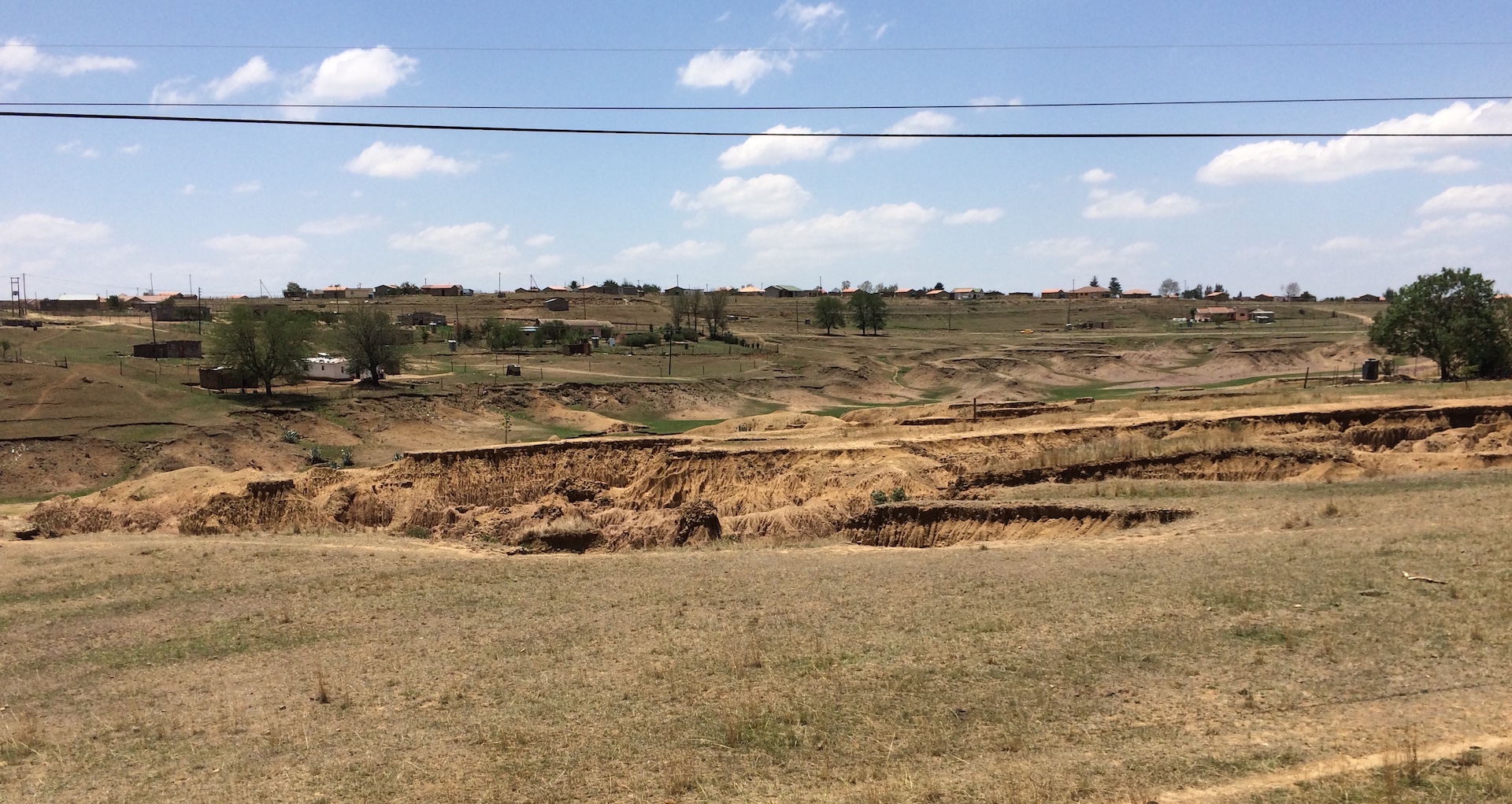Pascalinah Kabi
WATER Affairs Minister Kimetso Mathaba says massive land degradation in catchment areas is increasingly threatening the sustainability of water, land and related resources.
Addressing the media this week, the minister said it was worrying that there was no coordinated approach and government ministries were dealing with water, land and other related natural resources issues in their individual capacities. He said such independent campaigns were not producing the desired results.
Mr Mathaba said it was even more worrying that despite the fact that Lesotho was vulnerable to the adverse effects of climate change, issues of water, land and related resources management had not been mainstreamed into policy planning.
He said although the country was blessed with abundant water resources, these were increasingly threatened by climate change which has been manifested among other things, through the prolonged and recurring El Nino-induced drought.
He said sustainable development would not be achieved without a water secure world and that “a water secure world integrates a concern for the intrinsic value of water with a concern for its use for human survival and well-being”.
“The challenges of land degradation and access to water and sanitation continues to increase in the country. Water, land and related resources cannot be separated or managed independently of one another,” Mr Mathaba said, adding, “It is widely recognised that water and land can be effectively and efficiently managed within the catchment area”.
He said coordination and integration planning could be achieved by instigating the Integrated Catchment Management (ICM) approach within the country.
Mr Mathaba said integrated land and water resources management across all sectors such as finance, planning, agriculture, energy, tourism, industry, education and health was already a challenge itself.
He said the complexity of implementing ICM was going to be exacerbated by multifaceted issues of land tenure system, land use patterns and the varied roles played by stakeholders, communities and government.
“Various institutions responsible for management of water, land and related resources are applying their own individualised evaluation strategies with their unique objectives and methods. Therefore the impact of these measures is equally limited,” he said.
Mr Mathaba said for Lesotho to improve its land and water resources management and to achieve the Sustainable Development Goals, there was a need for different institutions to combine their efforts in a coordinated manner.
He said to this end, several meetings had been held between ministerial directors to ministers to see how best to come up with an integrated approach.
He said that they were also working together to come up with a consolidated plan of action which would be incorporated in the next National Development Strategic Plan (NDSP).
“Integrated land and water resource management programmes and investment plans have to address soil erosion and desertification, project water sources, preserve mountain ecosystems and increase capacity of rangelands, extend appropriate forecast cover and rejuvenate agricultural lands,” Mr Mathaba said.
He said his ministry also adopted various legal tools like the Water and Sanitation Policy of 2007, Water Act of 2008 and Long Term Water and Sanitation Strategy in 2016 as parts of efforts to address the situation.
Mr Mathaba said the ICM was identified as a tool to ensure that the country addresses problems in the water and land sectors.
“The main objective of the ICM programme is to implement effective ICM activities in Lesotho through improved coordination among stakeholders involved in water, land and related resources management for sustainable use of the natural resources,” Mr Mathaba said.
He said this would be achieved by putting in place institutional and legal reforms, drawing a baseline assessment of selected pilot catchments as well as the development of catchment management plans for each area.
“In an effort to implement this programme, the department under the European Union Fund has developed an ICM framework that is going to guide the ICM implementation processes,” Mr Mathaba said.
For his part, principal secretary, Khomoatsana Tau said climate change had left the country crippled as it was now unable to store rainfall.
“In the past our catchment areas like wetlands would store and conserve water during rainy days. Immediately after rainfall, the wetlands would slowly release water into the rivers, keeping them alive for many months.
“However, nowadays it rains heavily today and tomorrow the rivers are running dry because of our country’s continuous inability to store and conserve water due to massive land degradation,” Mr Tau said.


